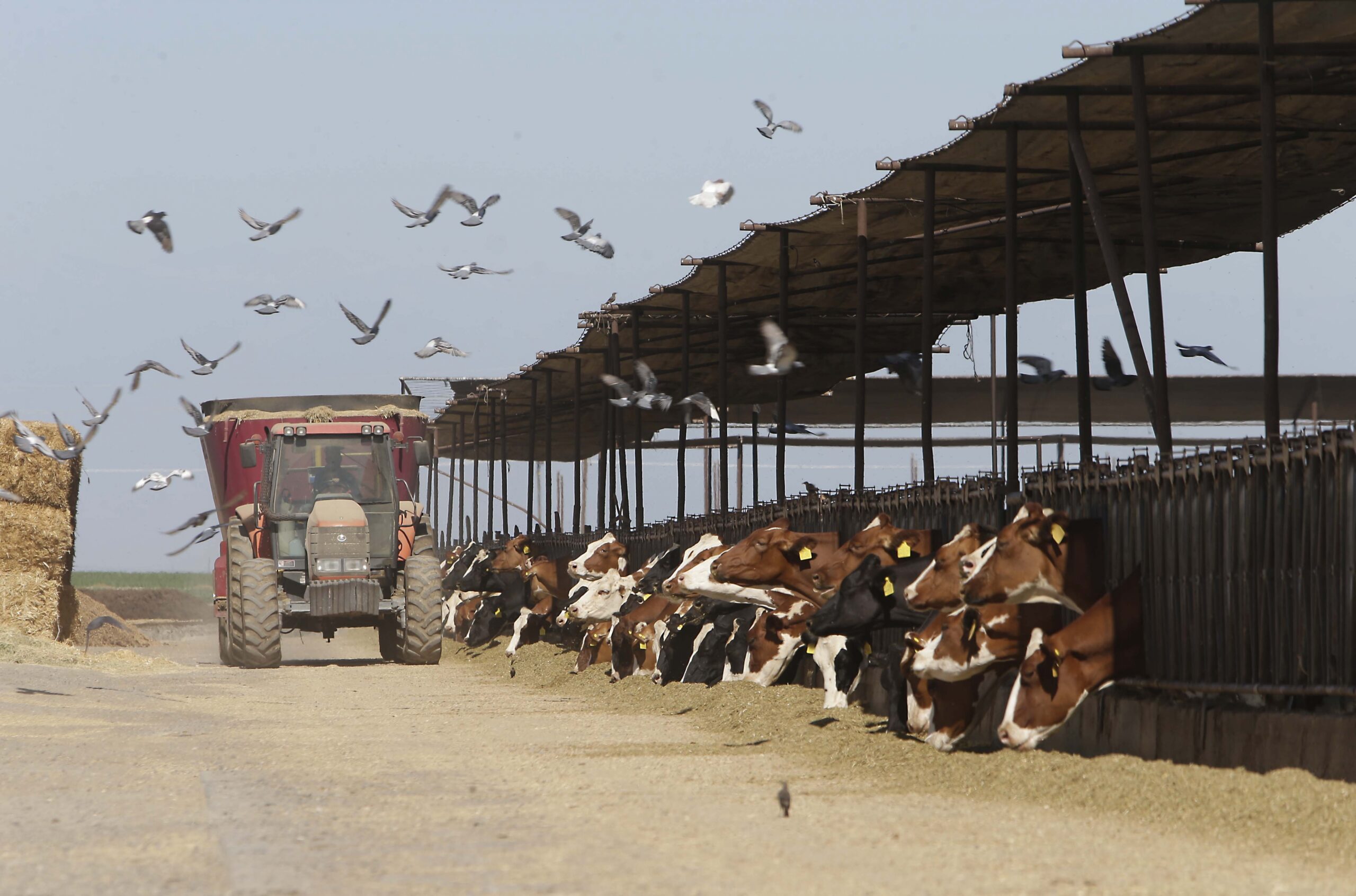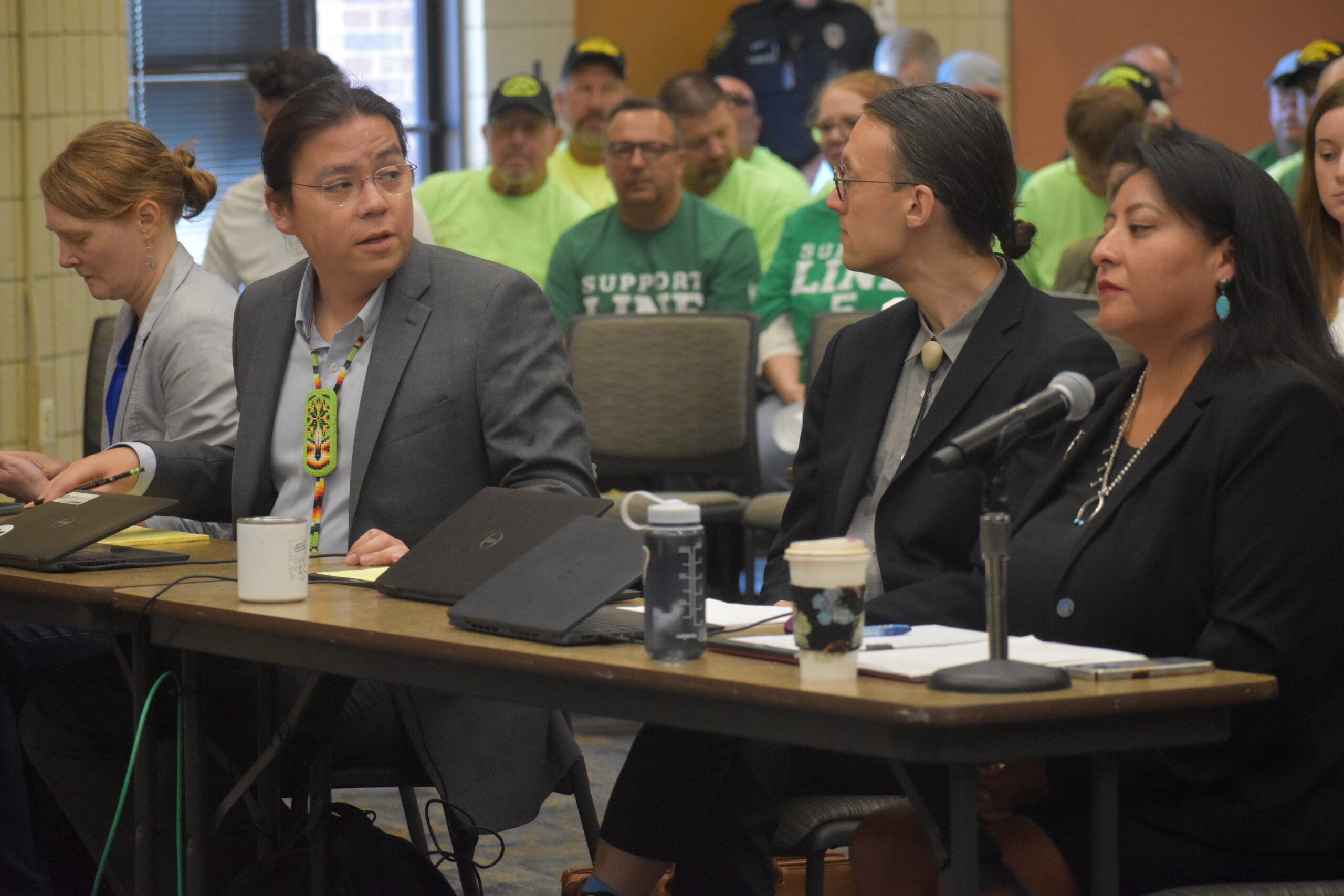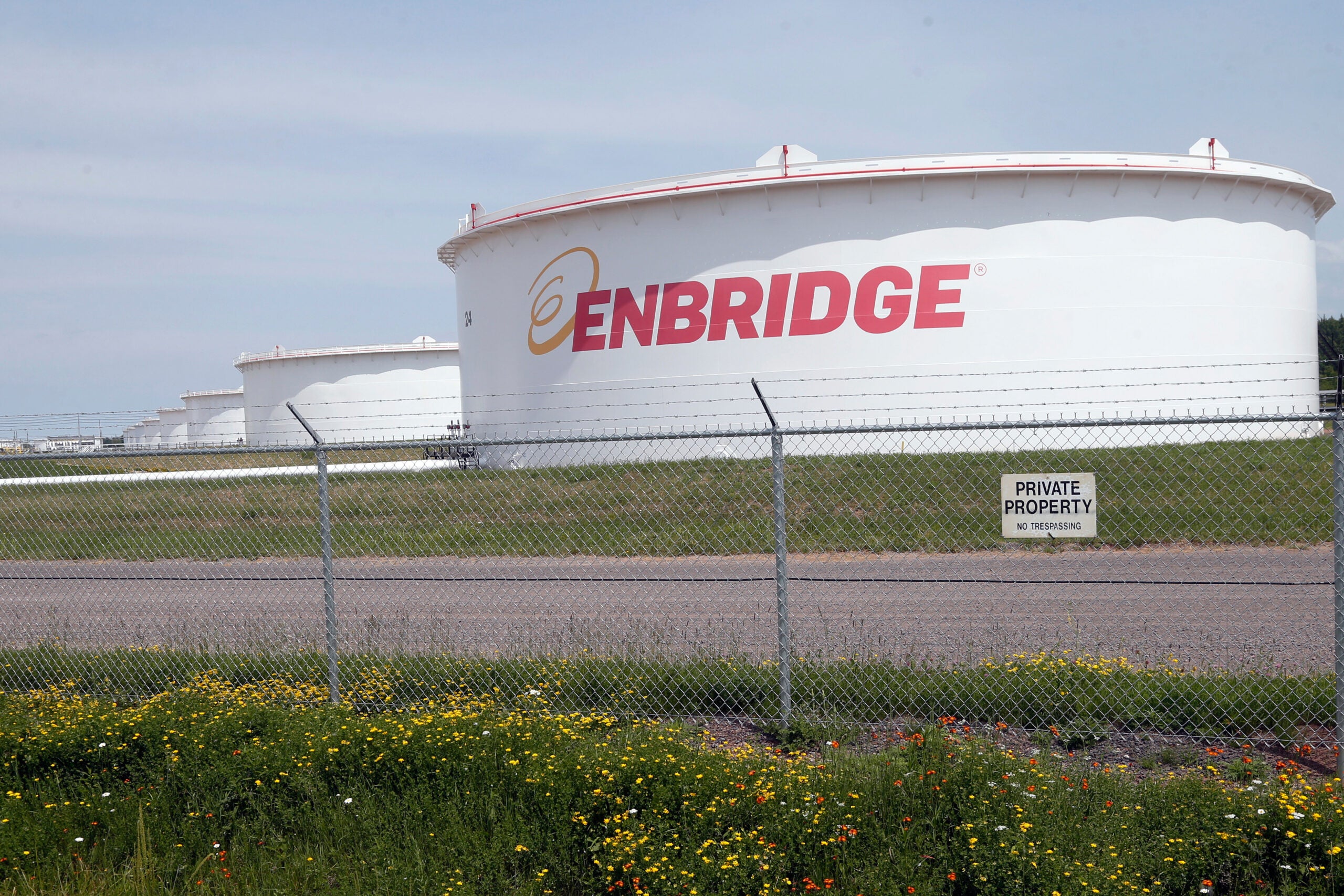A state appeals court ruled this week that a permit issued for a pipeline expansion project should go back to Dane County to resolve disputes over insurance requirements there.
Enbridge Energy had sought a conditional use permit for its Waterloo pump station as part of plans to expand capacity on its Line 61 pipeline in order to send up to 1.2 million barrels of oil per day from Superior to the Illinois border. A Dane County committee had granted a permit to Enbridge in April 2015 with the condition that the company obtain environmental impairment liability insurance.
Not long after, lawmakers passed a provision in the 2015-2017 state budget preventing counties from imposing special insurance requirements. The county retained the insurance conditions in the permit despite the last-minute budget maneuver, prompting Enbridge to request a court review of those requirements. Meanwhile, a group of landowners brought a lawsuit against the company to enforce insurance requirements.
News with a little more humanity
WPR’s “Wisconsin Today” newsletter keeps you connected to the state you love without feeling overwhelmed. No paywall. No agenda. No corporate filter.
The 4th District Court of Appeals ruling on Thursday overturns a 2016 decision by Dane County Circuit Court Judge Peter Anderson that dismissed the landowners’ lawsuit and allowed the permit to stand without the insurance requirements, according to David Gault, assistant corporation counsel for Dane County.
“The court of appeals indicated moving forward that even if the county can’t require additional insurance, they can still require that Enbridge prove that they have the comprehensive general insurance needed to trigger that statutory exemption,” said Gault.
In its ruling, the appeals court said Enbridge failed to show it triggered that exemption under the law.
“We conclude that Enbridge failed to show to the zoning committee that it would maintain the coverage delineated in Act 55, but instead pointed only to coverage that was, at best, lapsing,” the ruling reads.
Landowners who challenged Enbridge are pleased with the appeals court ruling, according to their attorney Patricia Hammel.
“We examined the statute that Enbridge was relying on to say that the county could not do what they did and determined that they really haven’t shown that they have any insurance,” said Hammel.
Gault said Enbridge was reluctant to provide information on the insurance they held, claiming it was proprietary information. The county’s independent insurance consultant concluded in 2015 that the company likely had general liability insurance, but the county was never provided the exact policy.
In the past, Enbridge has said it has more than $860 million in insurance that includes sudden and accidental pollution coverage.
Hammel said the case boils down to a matter of local control.
“And the ability of local government to control development and hazardous projects in their jurisdiction,” she said. “We think it’s important that they be allowed to do what’s necessary to protect the citizens, which is what Dane County was trying to do.”
The county’s zoning committee had pursued special insurance upon the recommendations of an independent consultant. The recommendation was due in part to Enbridge’s legal battle with an insurer refusing to pay cleanup costs related to a 2010 Kalamazoo River oil spill from one of the company’s pipelines. The U.S. Environmental Protection Agency estimates more than one million gallons of crude oil were recovered from the river.
Enbridge has said it would foot the bill even if insurance wouldn’t cover cleanup costs with a potential spill.
The company has 30 days to seek a review of the case by the Wisconsin Supreme Court. Enbridge spokeswoman Jennifer Smith issued the following statement on Thursday:
“Today, May 24, 2018, the Wisconsin Court of Appeals determined that the Conditional Use Permit (CUP) for Enbridge’s Waterloo Pump Station in 2016 should be sent back to the Dane County Zoning and Land Regulation Committee for reconsideration of the conditions originally placed on the CUP. The current CUP remains intact. Enbridge is reviewing the ruling now and will evaluate potential next steps. The Waterloo Station is critical infrastructure for the state of Wisconsin and the region. The station has been fully constructed since 2017.”
Wisconsin Public Radio, © Copyright 2025, Board of Regents of the University of Wisconsin System and Wisconsin Educational Communications Board.






